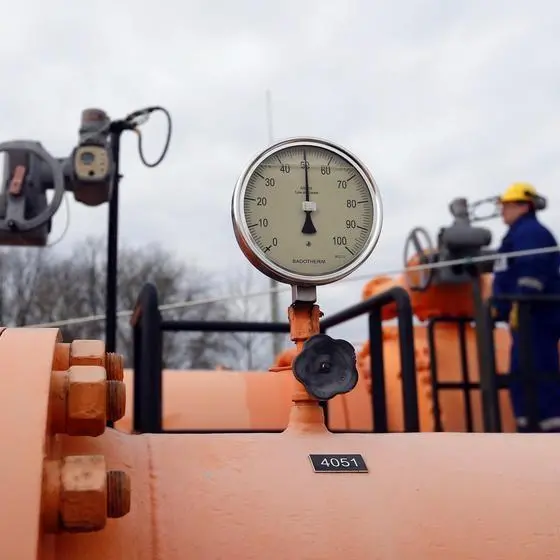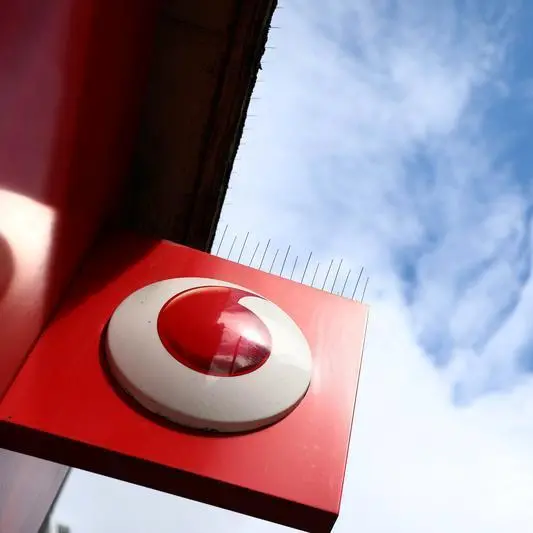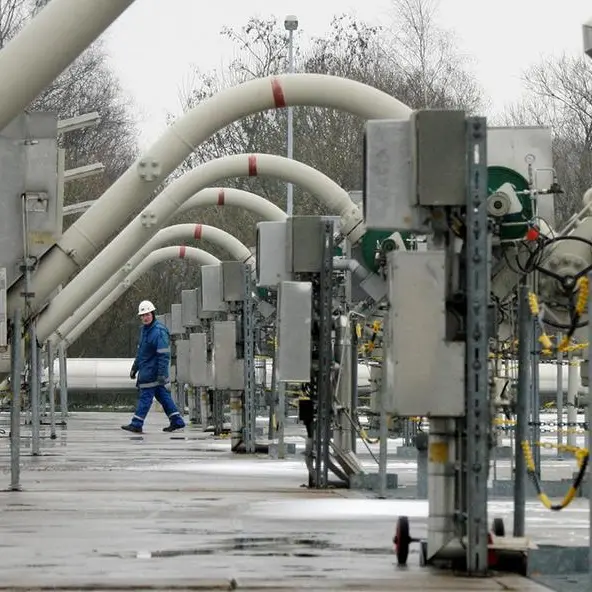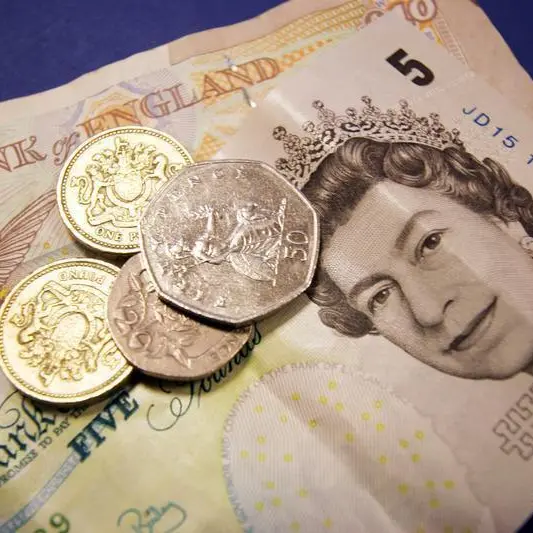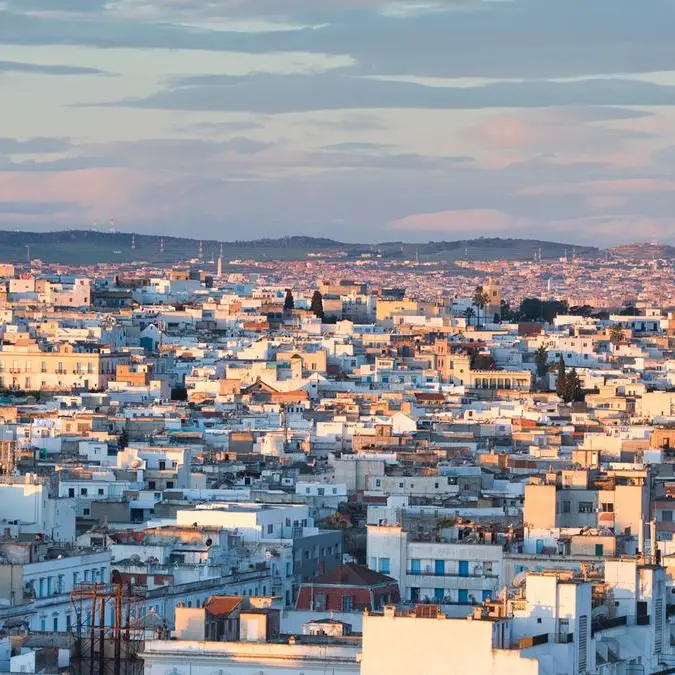It didn’t make as much news, but was no less significant than Rishi Sunak becoming prime minister of the United Kingdom. Leo Varadkar, son of a medical doctor-father from Maharashtra and Irish mother, took over as the prime minister of neighbouring Ireland on Saturday (December 17) as part of a power-sharing arrangement in Dublin. His elevation from the role of deputy prime minister is a historical development on at least two levels: it is for the first time both Ireland and the United Kingdom have prime ministers of Indian origin, and it also the first time that such a swap at the top has taken place in Irish politics.
It was following the April 2020 Irish that the two main rival parties, Fine Gael and Fianna Fáil, reached a coalition agreement, when there was no outright majority for any party. Under the agreement, Micheal Martin of Fiana Fáil would take over as the prime minister until December 2022 and then leave office to be replaced by Varadkar of Fine Gael. It was the first time the two bitter rivals with roots in the Irish Civil War a century ago had reached an agreement to share power in government – it is as historic if, for example, the Conservative and Labour parties agree to share power in the UK. As part of the swap, Martin will take over Varadkar’s role of deputy prime minister until the next election, due by early 2025.
The third European country with an Indian-origin prime minister is Portugal, where Antonio Costa, 61, has been prime minister since 2014, his Socialist Party (PS) winning a majority in the election earlier this year.
The Dublin-born Varadkar, a qualified medical doctor, was previously Ireland’s prime minister and minister for defence from 2017 to 2020, and visited his ancestral village Varad in Maharashtra in December 2019.
Varadkar, 43, and Sunak, 42, head their governments at a sensitive time, particularly given the continuing passions over the Northern Ireland Protocol, which is part of the withdrawal agreement between the UK and the European Union. Ireland is an EU member-state, while the UK is out of it, still coming to terms with all the implications of Brexit. Both are due to meet soon to arrive at a solution to the vexed protocol, which remains caught in the web of history, geography and politics, raising hackles in London, Belfast, Dublin and Brussels.
The arrangement has proved intractable, given the unique geographic and political situation of Northern Ireland: it is part of the island of Ireland, next to Ireland (an EU member-state), but within the jurisdiction of the UK, which has implications for checks on the movement of goods from Britain to Northern Ireland, since the UK is now a third country, outside the EU. There is no land border between Ireland and Northern Ireland, and there are several stakeholders in the row: Ireland, the Northern Ireland assembly, EU, the UK, as well as interests of the United States.
As prime minister of an EU member-state, Varadkar needs to protect Ireland and the EU’s interests, while Sunak needs to ensure the UK’s sovereignty in Northern Ireland. Due to the impasse, the local government (Executive) in Northern Ireland has stalled. As he said during last week’s visit to Belfast, there are parts of the protocol which threaten Northern Ireland’s place within the UK: “I am not going to give a running commentary on the negotiations, it wouldn’t be appropriate. What is of paramount importance to me is protecting Northern Ireland’s place in the union. The protocol, clearly there are areas of it which threaten that. I want to resolve those and I want to protect Northern Ireland’s place in the union. That is what I am setting out to do. If we can do that, we can get the Executive up and running, that is what people need and deserve.”
Varadkar and Sunak are expected to meet soon to try and resolve the issue, but the former has already indicated that the protocol as it stands is “a little too strict”, raising hopes of a resolution. The EU has offered some compromises in the recent past, but more are expected. Varadkar indicated earlier this year that there is room “for more flexibility” in the Brexit arrangements that have cast a shadow over Anglo-Irish relations: “One thing that I would concede is that perhaps the protocol as it was originally designed was a little too strict. The protocol is not being fully implemented and yet it is still working. I think that demonstrates that there is some room for further flexibility, for changes that hopefully will make it acceptable to all sides”.
Zooming out from the present, this is also a larger historical moment: India and Ireland were colonies of Britain; Ireland became independent in 1922, India in 1947; many Irish were also involved in the British Empire. Portugal was the first European power to colonise parts of India (1505), and the last to leave (in 1961). But now descendants of Indian immigrants are in position to rule and resolve key issues plaguing the UK and Ireland. The backstory of both Varadkar and Sunak are similar in some ways, but also different, and being of similar age and outlook may be an advantage in efforts to resolve the Northern Ireland conundrum.
Costa visited his ancestral house in Margao in 2017, when he was also presented the Overseas Citizen of India (OCI) card by Prime Minister Narendra Modi. Besides the historical links with Goa, the Costa-led government signed an agreement with India in September 2021 on the recruitment of Indian citizens to work in Portugal. The bilateral instrument facilitates legal and safe labour migration flows between the two countries, establishing the procedures for admission of Indian citizens to work, under an employment contract. It applies to the recruitment for any work activity and regardless of the duration of the employment contract, benefiting Indian workers with the same rights guaranteed by Portuguese law.
Anecdotal and other evidence suggests that the number of Indians in Portugal has surged in recent years, including workers as well as high net worth individuals, who access the citizenship by investment (golden visa) route.
Varadkar taking over in Dublin, Sunak in London and Costa in Lisbon thus reflects a new high for the Indian diaspora, estimated to be over 32 million across the globe.
Copyright © 2022 Khaleej Times. All Rights Reserved. Provided by SyndiGate Media Inc. (Syndigate.info).
